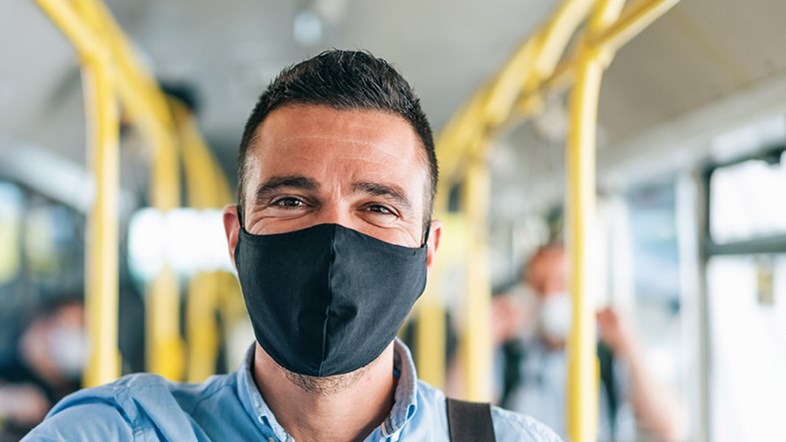10 Sep 2020
Arriva Blog: Restoring trust in public transport is key to achieving climate change objectives

Jana Siber, Managing Director, Mainland Europe
Across Europe workplaces are slowly reopening and we’re beginning to see people return to public transport, a trend that we hope will accelerate now that schools have started to reopen. Transport operators are responding to these increases by enabling people to travel with confidence and as safely as possible. This is important to stimulate economies, improve societal wellbeing and tackle climate change.
Rail and bus travel will play a vital role in helping countries across Europe reach net-zero carbon targets through encouraging modal shift away from cars and planes and towards cleaner, greener public transport options. Worryingly, some cities from across Europe have seen a concerning growth in private car use as lockdowns have been lifted. In the UK, recent air quality and traffic analysis has shown that NOX emissions have returned to, and in some areas, now exceed pre-lockdown levels.
To realise the air quality and climate change benefits that were emerging during the lockdown operators and policymakers need to ensure customers have confidence in using public transport systems.
Travellers and decision makers alike will be familiar with the rules that have been introduced across many European countries involving the mandatory wearing of face coverings. However, there is also a great deal of work being undertaken by transport authorities and governments behind the scenes to establish and then minimise any risk of Covid-19 transmission on public transport.
This means that as well as operators doing their part by ensuring that vehicles are deep cleaned and hygienic, that rules on social distancing are supported, that contactless payment options are provided (where possible), that widespread wearing of face coverings (unless passengers are medically exempt) takes place and the sanitisation of hands occurs, it means looking at the data gathered on the virus.
We are looking closely at studies in Europe and the early indications are that public transport remains a very safe way to travel. For example, studies in Paris and Austria of Covid-19 clusters (where a chain of transmission is traced) of people with positive diagnoses found no links between their infections and the use of public transport. These early studies are clearly encouraging, and the whole transport industry is remaining vigilant of any trends and changes in advice.
Giving customers the confidence to get out of their cars, an obvious source of traffic congestion and poor air quality, and back onto travelling safely by public transport will be key to policymakers achieving their climate objectives.
